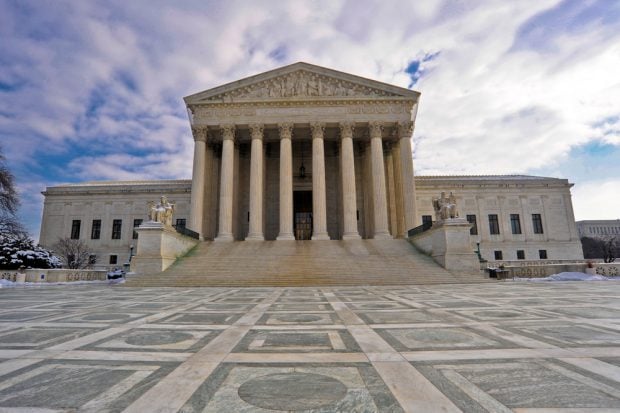ARLINGTON, Va. — Although credit unions and banks are often at odds, the ABA's Chief Economist Keith Leggett used an appearance before credit union executives to focus on areas of common ground. "Credit unions and banks are cousins. And like family members, we sometimes get along and sometimes fight. There are major issues that confront the financial services industry, and if we don't work together, our business models will be damaged," he said at a Dec. 7 dinner meeting of the Metropolitan Area Credit Union Management Association. Leggett, who regularly criticizes credit unions in his blog, cited issues such as interchange, overdraft, bankruptcy reform, and accounting rules as areas where credit unions and banks share common objectives. He noted that on card interchange, credit unions and banks are united because the fees compensate the financial institutions for some of the risks they take in offering credit. But Leggett didn't sugarcoat areas where banks and credit unions cross swords. One such bone of contention is the desire of CUNA and NAFCU to raise the cap on member business loans from 12.25% of assets to 25%. "The ABA believes that credit unions are chartered to serve consumers and expanding member business lending takes credit unions away from their focus," Leggett said. "If credit unions want to do more business lending, they should apply for a mutual bank charter." He noted that credit unions and banks are both having problems with their insurance funds although the nature of the difficulties is different. He pointed out that the FDIC's insurance fund had a negative balance last month and noted that the NCUSIF has also been hurt-though not to the same degree-by the increased number of troubled credit unions. He said the NCUA might look into adopting a system of risk-based premiums in which riskier players incur more of the costs. He said the current system "creates perverse incentives" for credit unions to take certain kinds of risks. He also said some of the additional regulations that Congress is trying to impose on financial institutions will hurt their bottom lines. "The populist anger is aimed at Wall Street, but it hits everybody. When you hit the big guys, the community banks and credit unions will be collateral damage," he said. At the meeting, Leggett answered questions posed by Credit Union Times Editor-in-Chief Sarah Snell Cooke. –[email protected]
Complete your profile to continue reading and get FREE access to CUTimes.com, part of your ALM digital membership.
Your access to unlimited CUTimes.com content isn’t changing.
Once you are an ALM digital member, you’ll receive:
- Critical CUTimes.com information including comprehensive product and service provider listings via the Marketplace Directory, CU Careers, resources from industry leaders, webcasts, and breaking news, analysis and more with our informative Newsletters.
- Exclusive discounts on ALM and CU Times events.
- Access to other award-winning ALM websites including Law.com and GlobeSt.com.
Already have an account? Sign In
© 2024 ALM Global, LLC, All Rights Reserved. Request academic re-use from www.copyright.com. All other uses, submit a request to [email protected]. For more information visit Asset & Logo Licensing.









